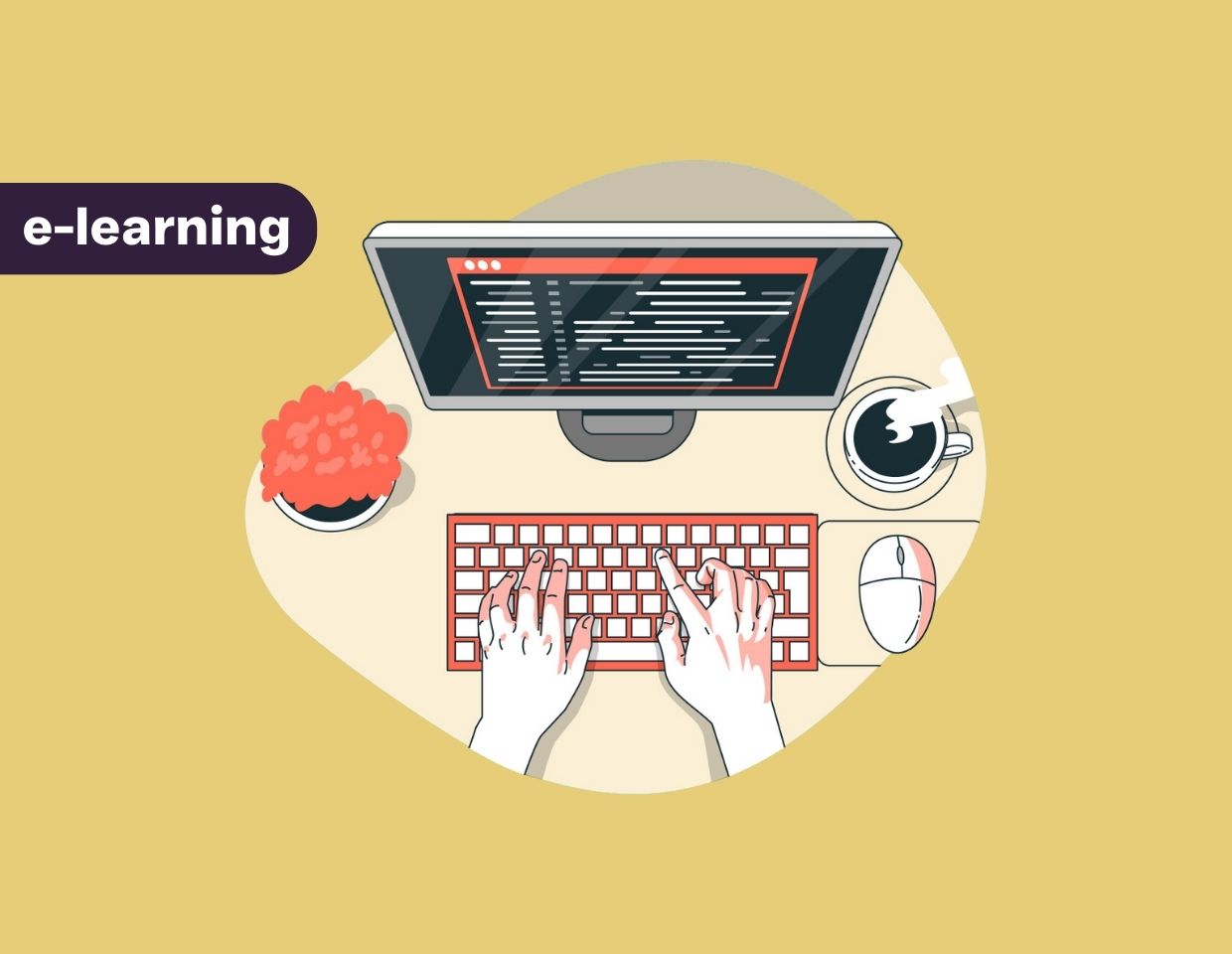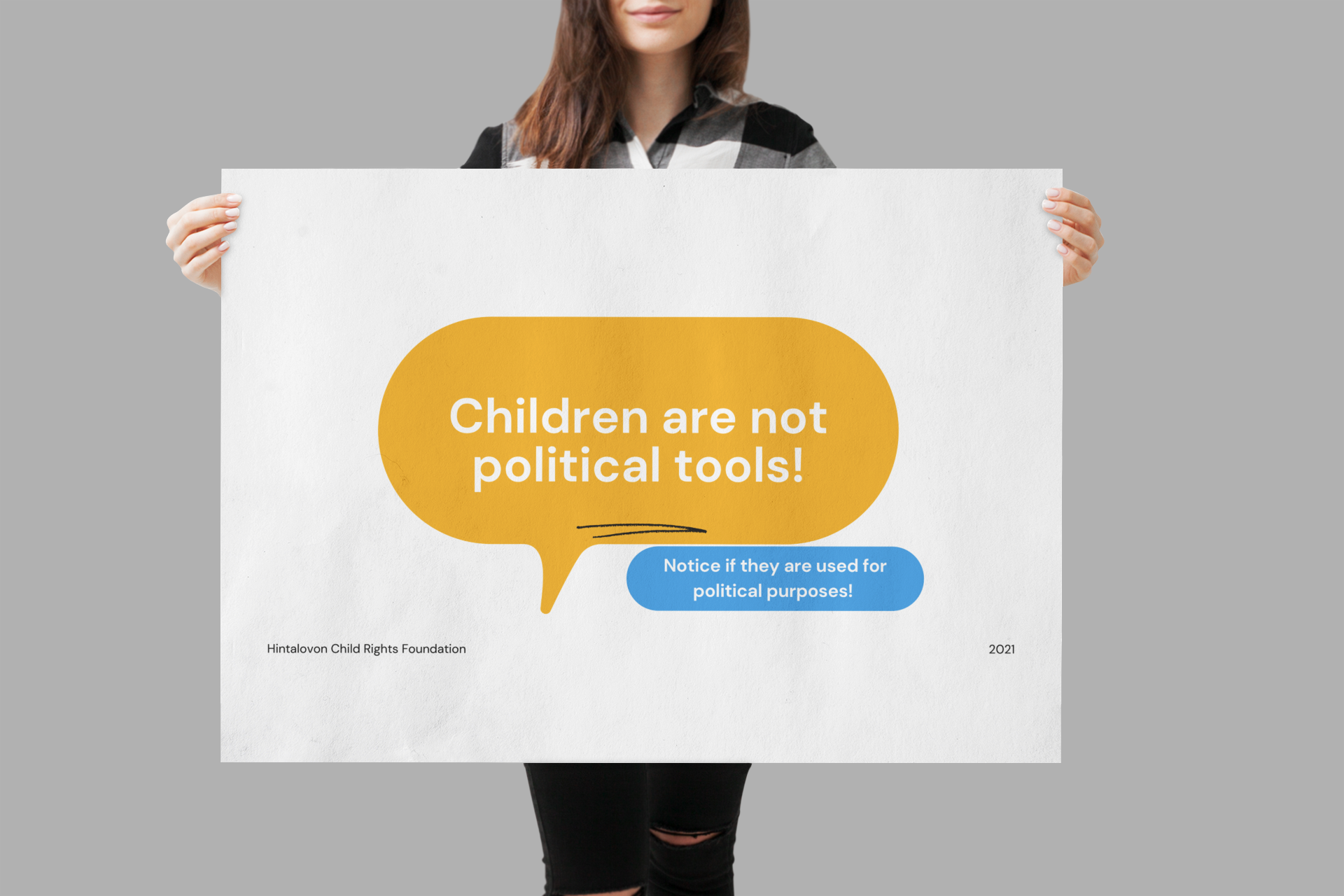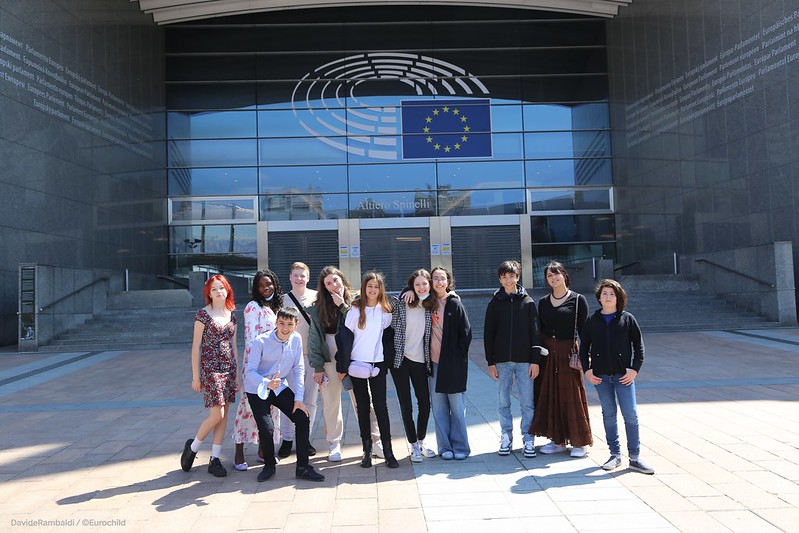With honesty, attention, and a good deal of care, you can help your child navigate online.
You should have a conversation about the internet like about everything else: honestly, openly, drawing your child attention to the dangers so s/he knows when to ask for help.
So first, let’s talk. As much as possible. And not only about the internet, and not only when there is trouble. Even if children seem to be perfectly fine when they are online (because they play quietly; because they do not ask for help; because they know how to use digital tools better than adults), they are still children first and only secondly internet users.
Preparation and support
It is important that your child gets the same attention, interest, preparation, and support from us as s/he deserves in all other areas of her/his life from the responsible adults around him/her. Because it is this attention, interest, openness, and acceptance that, in addition to technical and safety advice, will be the biggest help to your child to be safer online.
Hand in hand on the digital road (as well)
There is no such thing as a completely safe internet as there is no such thing as a completely safe road either. But we can teach children the rules of what to look out for, we can accompany them, we can be with them until they get into a routine, and we can teach them how to signal when something is wrong.
And of course, beyond all the teaching, preparation, and talking, perhaps the most important thing is to have at least one adult around every child who s/he can trust, who s/he can count on, even if s/he is in trouble, and even if s/he just wants to show a cute cat video.
This is the translation of this Hungarian article on Yelon.hu.












